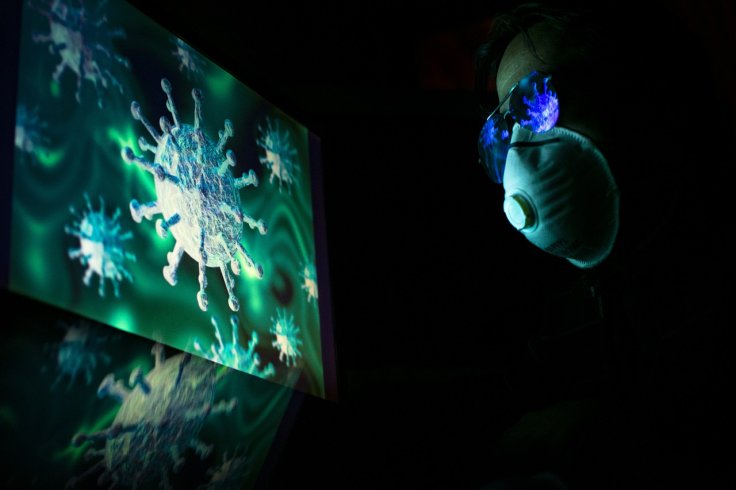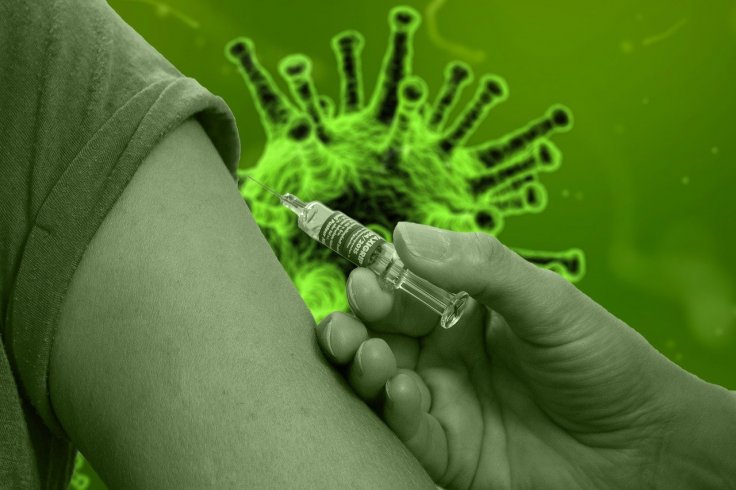A 69-year-old professor infected himself with novel Coronavirus during an experiment and after becoming ill with the COVID-19 for the second time, he said that the hopes for herd immunity are overblown.
Professor Alexander Chepurnov first contracted the SARS-CoV-2 on a skiing trip to France in February this year. But he did not require hospitalization and recovered from the disease while staying at his home in Siberia.
Later, he and his team of scientists at the Institute of Clinical and Experimental Medicine in Novosibirsk conducted a study into novel Coronavirus antibodies. The team studied how strong the antibodies were, how they behaved, and how long they stayed in the body. Their research revealed that antibodies decrease rapidly.
Prof Chepurnov formerly worked at State Research Vector Centre of Virology and Biotechnology in Siberia—the institution behind the development of Russia's second Coronavirus vaccine, named EpiVacCorona.

No Antibodies
Prof Chepurnov said that by the end of the third month from the moment he felt sick, "the antibodies were no longer detected". So, he then decided to examine whether reinfection is possible or not and, in that case, he chose himself as the subject of the experiment.
He deliberately exposed himself to COVID-19 patients without any protection. "My body's defenses fell exactly six months after I got the first infection. The first sign was a sore throat," said the researcher. But after contracting the virus for the second time, his condition became serious and he was taken to hospital.
Continuously for five days his body temperature remained above 39 Celsius (102 Fahrenheit) and experienced two typical COVID-19 symptoms—loss of smell and taste. "On the sixth day of the illness, the CT scan of the lungs was clear, and three days after the scan, the X-ray showed double pneumonia. The virus went away rather quickly. After two weeks it was no longer detected in the nasopharyngeal or in other samples," said the human guineapig Prof Chepurnov.

Later, he came to a conclusion from the self-experience that collective or herd immunity is a forlorn hope. In terms of vaccine and its effects, the researcher said that the world needs a vaccine which can be used multiple times.
According to the professor, "a recombinant vaccine will not suit". He also added that after receiving an adenoviral vector-based vaccine, "we won't be able to repeat it because the immunity against the adenoviral carrier will keep interfering."
Currently, there are a few adenovirus-based Coronavirus vaccines which many experts labeled as the promising treatments against COVID-19 these are AstraZeneca-Oxford's vaccine, Johnson & Johnson's Coronavirus vaccine candidate, CanSino Biologics Ad5-nCoV vaccine candidate and also Russia's first vaccine Sputnik V.
However, the second Russian vaccine EpiVacCorona will require repeat injections to maintain immunity and the Russian authorities have already approved the vaccine. But neither Sputnik V nor the second vaccine completed phase 3 clinical trials before receiving the approval.








